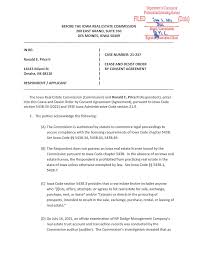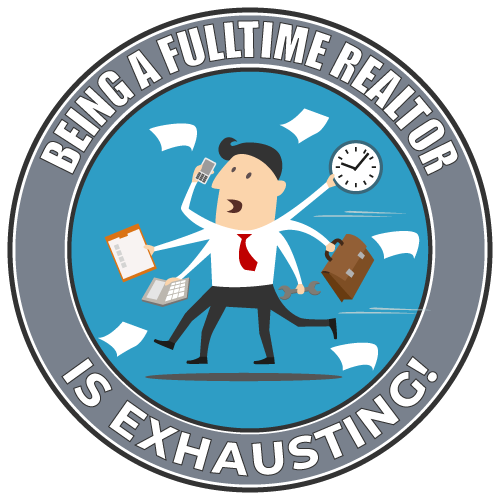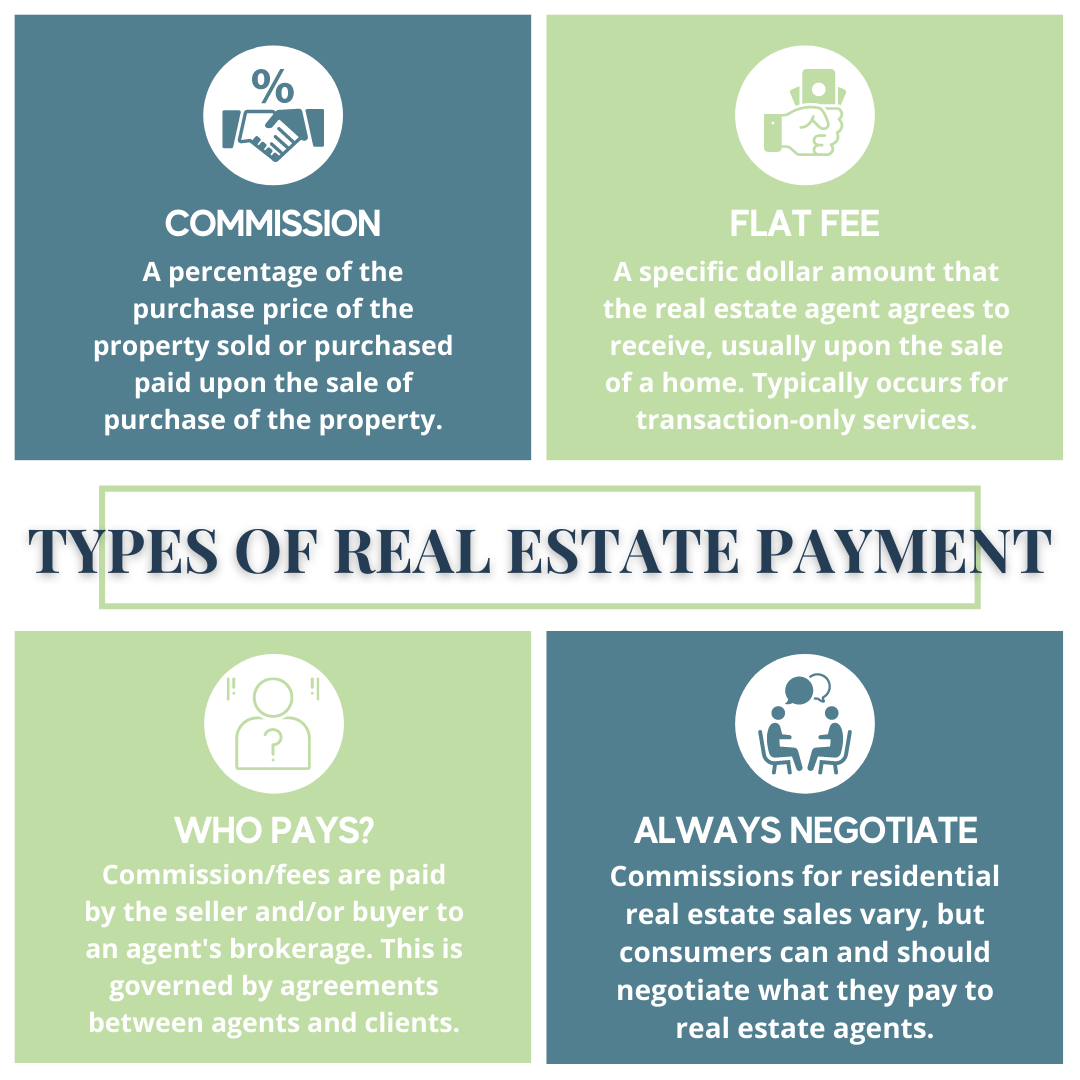
Online real estate classes are a great option, whether you are new to the field or want to refresh your knowledge about Iowa real estate law. These classes are as informative as those offered in person, but you can complete them at your own pace and with a lot more flexibility. Moreover, the cost of online courses is usually much lower than those offered in-person.
Pre-licensing is required before you can start your realty career. The state requires you to complete 96 units of pre-licensing training. This must be done from an accredited provider. These courses include the 60-hour Principles of Real Estate course as well as three additional 12-hour courses. These courses must all be completed within six months after you apply for your license.
Which Is The Best Iowa Real Estate School?
Iowa is an ideal place to start your real estate career. It is a vibrant market for real estate agents, and it's an ideal location for new professionals. Iowa is a great state for real estate agents. It's important that you choose a school that can guide you and provide you with the necessary education.
The best schools will provide you with easy access and scheduling flexibility, ample instructor support, fair pricing, and interactive course features. These schools also let you take your courses on any mobile device, so you can learn from the comfort of your home.

Online vs. the In-Person class
You can take your Iowa real-estate licensing classes online. This is a major advantage. This makes it ideal for those with busy schedules and who are traveling.
These courses also have numerous other benefits, including ease and cost effectiveness. They're a good choice for those who want to get a license but don't have the time or desire to attend a classroom course.
If you are interested in learning in a more traditional manner, you can attend a weekend course offered by an Iowa-accredited real estate school. These courses are typically held on Friday evenings or during the day on Saturday and Sunday.
Some schools offer a weekend course to prepare for the exam. These classes can help you prepare to take the Iowa Real Estate Salesperson Test by teaching you tips and strategies to succeed.
The CE Shop and Colibri Real Estate offer this course. Students who have taken this course agree that it is an excellent way to learn all about real estate.

Many of these companies offer an online-in-person combination course, giving you the freedom to complete your 96 hours at your pace. You can even opt for live stream instruction if you'd prefer to interact with a teacher face-to-face.
Real Estate Express goes one step further in its online experience by putting emphasis on connecting with its faculty. It can be done by email or telephone, but the main goal is to connect you with instructors in an intimate and meaningful way. This kind of interaction will help you establish relationships that will be helpful throughout your real estate career.
FAQ
What are the benefits of a fixed-rate mortgage?
Fixed-rate mortgages lock you in to the same interest rate for the entire term of your loan. This guarantees that your interest rate will not rise. Fixed-rate loans also come with lower payments because they're locked in for a set term.
Are flood insurance necessary?
Flood Insurance covers flood damage. Flood insurance helps protect your belongings, and your mortgage payments. Learn more information about flood insurance.
What are the top three factors in buying a home?
Location, price and size are the three most important aspects to consider when purchasing any type of home. Location is the location you choose to live. Price refers how much you're willing or able to pay to purchase the property. Size is the amount of space you require.
Statistics
- 10 years ago, homeownership was nearly 70%. (fortunebuilders.com)
- This means that all of your housing-related expenses each month do not exceed 43% of your monthly income. (fortunebuilders.com)
- The FHA sets its desirable debt-to-income ratio at 43%. (fortunebuilders.com)
- It's possible to get approved for an FHA loan with a credit score as low as 580 and a down payment of 3.5% or a credit score as low as 500 and a 10% down payment.5 Specialty mortgage loans are loans that don't fit into the conventional or FHA loan categories. (investopedia.com)
- Private mortgage insurance may be required for conventional loans when the borrower puts less than 20% down.4 FHA loans are mortgage loans issued by private lenders and backed by the federal government. (investopedia.com)
External Links
How To
How to Manage A Rental Property
While renting your home can make you extra money, there are many things that you should think about before making the decision. We will show you how to manage a rental home, and what you should consider before you rent it.
This is the place to start if you are thinking about renting out your home.
-
What should I consider first? Take a look at your financial situation before you decide whether you want to rent your house. If you have outstanding debts like credit card bills or mortgage payment, you may find it difficult to pay someone else to stay in your home while that you're gone. Check your budget. If your monthly expenses are not covered by your rent, utilities and insurance, it is a sign that you need to reevaluate your finances. It may not be worth it.
-
How much is it to rent my home? The cost of renting your home depends on many factors. These include factors such as location, size, condition, and season. Prices vary depending on where you live so it's important that you don't expect the same rates everywhere. Rightmove reports that the average monthly market price to rent a one-bedroom flat is around PS1,400. This would translate into a total of PS2,800 per calendar year if you rented your entire home. Although this is quite a high income, you can probably make a lot more if you rent out a smaller portion of your home.
-
Is it worth it. It's always risky to try something new. But if it gives you extra income, why not? It is important to understand your rights and responsibilities before signing anything. It's not enough to be able to spend more time with your loved ones. You'll need to manage maintenance costs, repair and clean up the house. Before signing up, be sure to carefully consider these factors.
-
Are there any advantages? There are benefits to renting your home. Renting your home is a great way to get out of the grind and enjoy some peace from your day. It's more fun than working every day, regardless of what you choose. You could make renting a part-time job if you plan ahead.
-
How can I find tenants Once you've decided that you want to rent out, you'll need to advertise your property properly. Listing your property online through websites like Rightmove or Zoopla is a good place to start. After potential tenants have contacted you, arrange an interview. This will enable you to evaluate their suitability and verify that they are financially stable enough for you to rent your home.
-
How can I make sure I'm covered? If you fear that your home will be left empty, you need to ensure your home is protected against theft, damage, or fire. You'll need to insure your home, which you can do either through your landlord or directly with an insurer. Your landlord will typically require you to add them in as additional insured. This covers damages to your property that occur while you aren't there. However, this doesn't apply if you're living abroad or if your landlord isn't registered with UK insurers. In these cases, you'll need an international insurer to register.
-
If you work outside of your home, it might seem like you don't have enough money to spend hours looking for tenants. Your property should be advertised with professionalism. Make sure you have a professional looking website. Also, make sure to post your ads online. A complete application form will be required and references must be provided. While some prefer to do all the work themselves, others hire professionals who can handle most of it. You'll need to be ready to answer questions during interviews.
-
What happens after I find my tenant?After you've found a suitable tenant, you'll need to agree on terms. If you have a lease in place, you'll need to inform your tenant of changes, such as moving dates. If this is not possible, you may negotiate the length of your stay, deposit, as well as other details. While you might get paid when the tenancy is over, utilities are still a cost that must be paid.
-
How do you collect rent? When it comes time for you to collect your rent, check to see if the tenant has paid. If they haven't, remind them. Before you send them a final invoice, you can deduct any outstanding rent payments. If you're having difficulty getting hold of your tenant you can always call police. If there is a breach of contract they won't usually evict the tenant, but they can issue an arrest warrant.
-
How can I avoid potential problems? You can rent your home out for a good income, but you need to ensure that you are safe. Ensure you install smoke alarms and carbon monoxide detectors and consider installing security cameras. You should also check that your neighbors' permissions allow you to leave your property unlocked at night and that you have adequate insurance. You must also make sure that strangers are not allowed to enter your house, even when they claim they're moving in the next door.